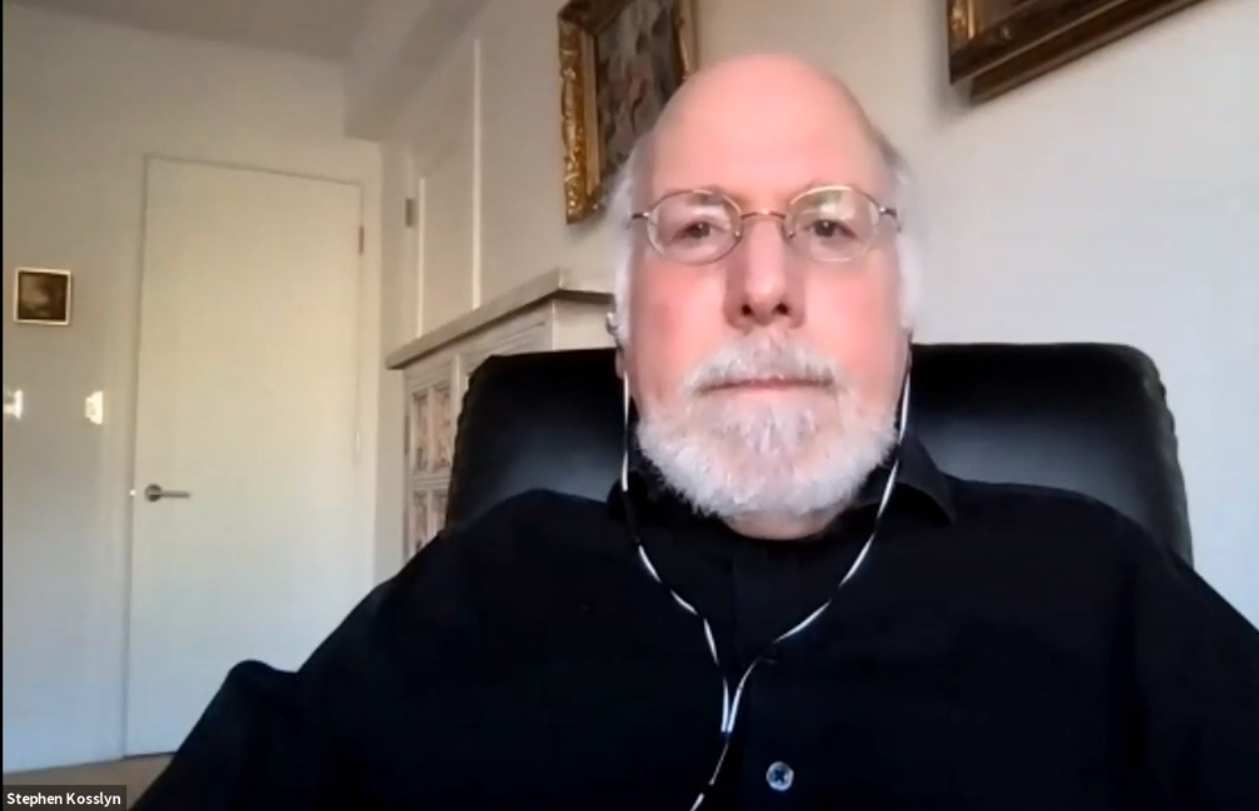LNB autoritātes
AleppID: LNC10-000116030
ViafURL: http://viaf.org/viaf/276917264
DomID: 17807 Go to Dom link Go to Dom xml data
IsniID: 0000000117522372
|
|
<ill-get-doc>
<record xmlns="http://www.loc.gov/MARC21/slim/" xmlns:xsi="http://www.w3.org/2001/XMLSchema-instance" xsi:schemaLocation="http://www.loc.gov/MARC21/slim http://www.loc.gov/standards/marcxml/schema/MARC21slim.xsd">
<leader>^^^^^nz^^a^^^^^^^n^^4500</leader>
<controlfield tag="001">LNC10-000116030</controlfield>
<controlfield tag="005">20080703135950.0</controlfield>
<controlfield tag="008">080703nn|adnnnaabn||||||||||^a|aaa||||^^</controlfield>
<datafield tag="024" ind1="7" ind2=" ">
<subfield code="a">0000000117522372</subfield>
<subfield code="2">isni</subfield>
</datafield>
<datafield tag="035" ind1=" " ind2=" ">
<subfield code="a">(VIAF)276917264</subfield>
</datafield>
<datafield tag="040" ind1=" " ind2=" ">
<subfield code="a">NLL</subfield>
<subfield code="b">lav</subfield>
</datafield>
<datafield tag="100" ind1="1" ind2=" ">
<subfield code="a">Kosslyn, Stephen M.</subfield>
<subfield code="q">(Stephen Michael),</subfield>
<subfield code="d">1948-</subfield>
</datafield>
<datafield tag="670" ind1=" " ind2=" ">
<subfield code="a">Fundamentals of psychology, c2005:</subfield>
<subfield code="b">titlp. (Stephen M. Kosslyn)</subfield>
</datafield>
<datafield tag="670" ind1=" " ind2=" ">
<subfield code="a">Kongresa bibliotēkas autorit. ierakstu datne</subfield>
<subfield code="b">(Kosslyn, Stephen Michael, 1948-)</subfield>
</datafield>
<datafield tag="856" ind1="4" ind2="0">
<subfield code="u">http://viaf.org/viaf/276917264</subfield>
<subfield code="y">VIAF ID</subfield>
</datafield>
<datafield tag="915" ind1="0" ind2="3">
<subfield code="a">20080703.03RUDITEP</subfield>
</datafield>
</record>
<session-id>XM41X8MAISX4VBRS4LL4CF5DCBYVBQV6IL43XVP4QP3MDS5ER2</session-id>
</ill-get-doc>
Stephen_Kosslyn

- Stephen Michael Kosslyn (born 1948) is an American psychologist and neuroscientist. Kosslyn is the president of Active Learning Sciences Inc., which helps institutions design, deliver, and assess active-learning based courses and educational programs. He is also the founder and chief academic officer of Foundry College, an online two-year college.[1]
- Kosslyn is best known for his work on mental imagery, the science of learning, and visual communication.
- Kosslyn has made both theoretical and empirical contributions to the study of mental imagery. His theory organizes neural processing into four steps: generating, inspecting, maintaining, and transforming visual mental images.[2] This theory revolves around the central idea that the neural representations that produce the conscious experience of visualization serve to depict, not describe, information.[3] His empirical contributions provide evidence for the theory as well as its neural implementation. Much of this work grew out of long-standing controversy known as the "imagery debate".[4]
- Kosslyn's contributions to the science of learning hinge on the five principles he derived from empirical findings on learning and memory. He has applied those principles to the design and implementation of online courses,[5] and used them to devise novel ways to deploy generative AI in education.[6]
- His work on visual communication led Kosslyn to develop a set of principles that guide visual display design in general[7] and have been applied to creating and delivering slide show presentations in particular.[8]
- Kosslyn attended graduate school at Stanford University and received a PhD in psychology from Stanford in 1974.[9] After an appointment as assistant professor of psychology at Johns Hopkins, he joined the faculty at Harvard in 1977, where he is currently listed as Professor Emeritus.[10] At Harvard, Kosslyn served as the departmental chair, Dean of Social Sciences, and the John Lindsley Professor. He also was co-director of the Mind of the Market Lab at Harvard Business School and was an associate in the department of neurology at the Massachusetts General Hospital. In 2010, Kosslyn was appointed director of the Center for Advanced Study in the Behavioral Sciences at Stanford University.[11] Kosslyn was then the Founding Dean and Chief Academic Officer of the Minerva Schools (now Minerva University).
- Between 1998 and 2002, Kosslyn received $200,000 in donations from Jeffrey Epstein for his research.[12][13] A report from Harvard University shows Kosslyn had known Epstein for about nine years and supported his application as a visiting fellow in the department of psychology in September 2005.[12][14] The report noted that Kosslyn did not disclose Epstein's donations in the accompanying documents. Epstein "lacked academic qualifications," but there was speculation that his application was approved with the support of Kosslyn as the head of the department.[12][15] The report also noted that disclosure was not requested and Harvard—having accepted the gifts—was previously aware of this funding. Epstein withdrew from his appointment in 2006 following his arrest for sex criminal offenses.[12]
- Kosslyn has received numerous honors for his research. These include the National Academy of Sciences Initiatives in Research Award, the Prix Jean-Louis Signoret, three honorary doctorates (from the University of Caen, France; the University of Paris-Descartes, France; the University of Bern, Switzerland), a Guggenheim fellowship,[16] and a Cattell Award. He was elected to the American Academy of Arts and Sciences, the Society of Experimental Psychologists, and Academia Rodinensis pro Remediatione (Switzerland).[citation needed]
- Kosslyn has published over 350 scientific papers and written or co-authored 16 books and edited or co-edited 14 books, including:[17][18]